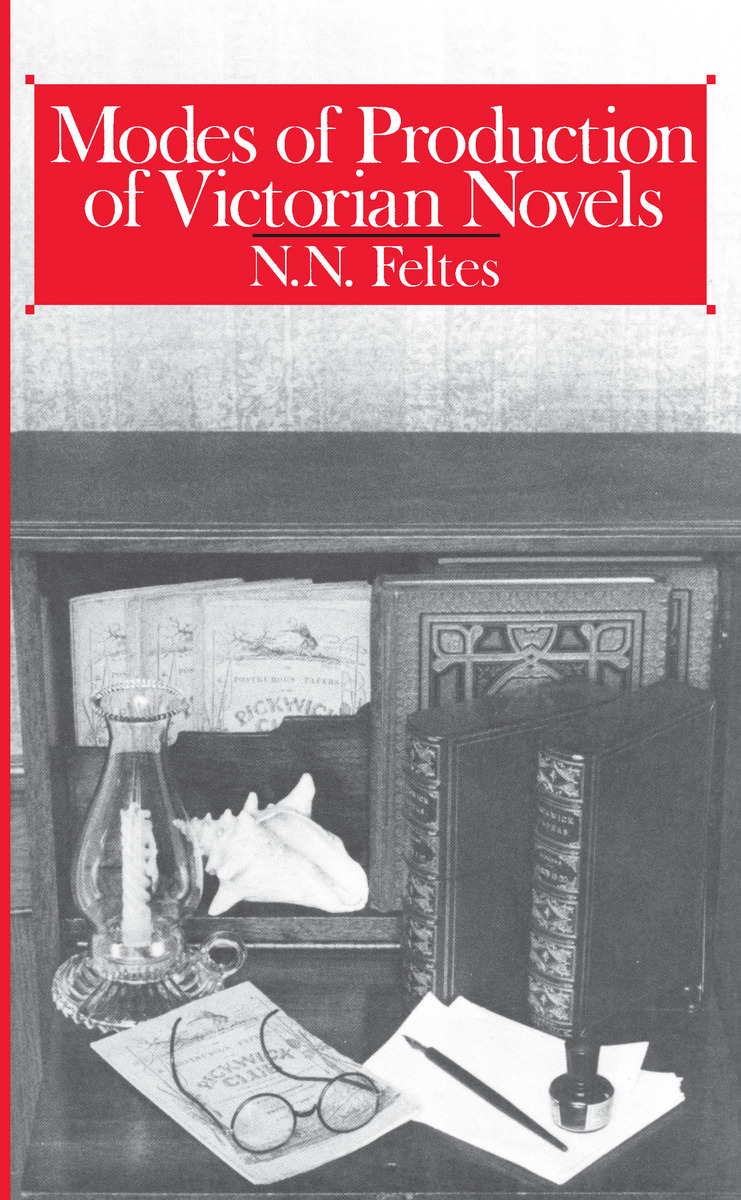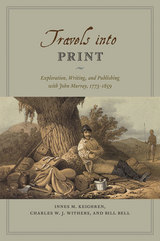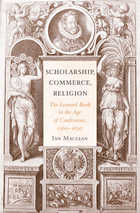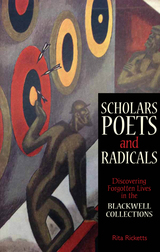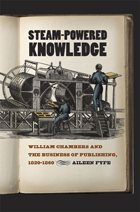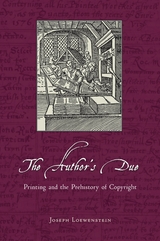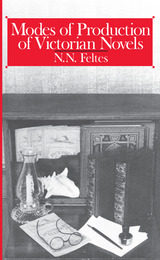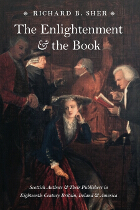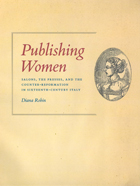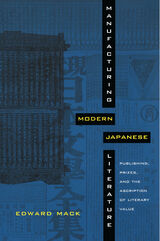Modes of Production of Victorian Novels
University of Chicago Press, 1986
Cloth: 978-0-226-24117-3 | Paper: 978-0-226-24118-0
Library of Congress Classification Z326.F44 1986
Dewey Decimal Classification 070.50941
Cloth: 978-0-226-24117-3 | Paper: 978-0-226-24118-0
Library of Congress Classification Z326.F44 1986
Dewey Decimal Classification 070.50941
ABOUT THIS BOOK | TOC | REQUEST ACCESSIBLE FILE
ABOUT THIS BOOK
In this sophisticated application of modern Marxist thought, N. N. Feltes demonstrates the determining influence of nineteenth-century publishing practices on the Victorian novel. His dialectical analysis leads to a comprehensive explanation of the development of capitalist novel production into the twentieth century.
Feltes focuses on five English novels: Dickens's Pickwick Papers, Thackeray's Henry Esmond, Eliot's Middlemarch, Hardy's Tess of the d'Urbervilles, and Forster's Howards End. Published at approximately twenty year intervals between 1836 and 1920, they each represent a different first-publication format: part-issue, three-volume, bimonthly, magazine-serial, and single-volume. Drawing on publishing, economic, and literary history, Feltes offers a broad, synthetic explanation of the relationship between the production and format of each novel, and the way in which these determine, in the last instance, the ideology of the text.
Modes of Production in Victorian Novels provides a Marxist structuralist analysis of historical events and practices described elsewhere only empirically, and traces their relationship to literary texts which have been analyzed only idealistically, thus setting these familiar works firmly and perhaps permanently into a framework of historic materialism.
Feltes focuses on five English novels: Dickens's Pickwick Papers, Thackeray's Henry Esmond, Eliot's Middlemarch, Hardy's Tess of the d'Urbervilles, and Forster's Howards End. Published at approximately twenty year intervals between 1836 and 1920, they each represent a different first-publication format: part-issue, three-volume, bimonthly, magazine-serial, and single-volume. Drawing on publishing, economic, and literary history, Feltes offers a broad, synthetic explanation of the relationship between the production and format of each novel, and the way in which these determine, in the last instance, the ideology of the text.
Modes of Production in Victorian Novels provides a Marxist structuralist analysis of historical events and practices described elsewhere only empirically, and traces their relationship to literary texts which have been analyzed only idealistically, thus setting these familiar works firmly and perhaps permanently into a framework of historic materialism.
See other books on: Authors and publishers | Authors and readers | English fiction | Publishers & Publishing Industry | Publishers and publishing
See other titles from University of Chicago Press
